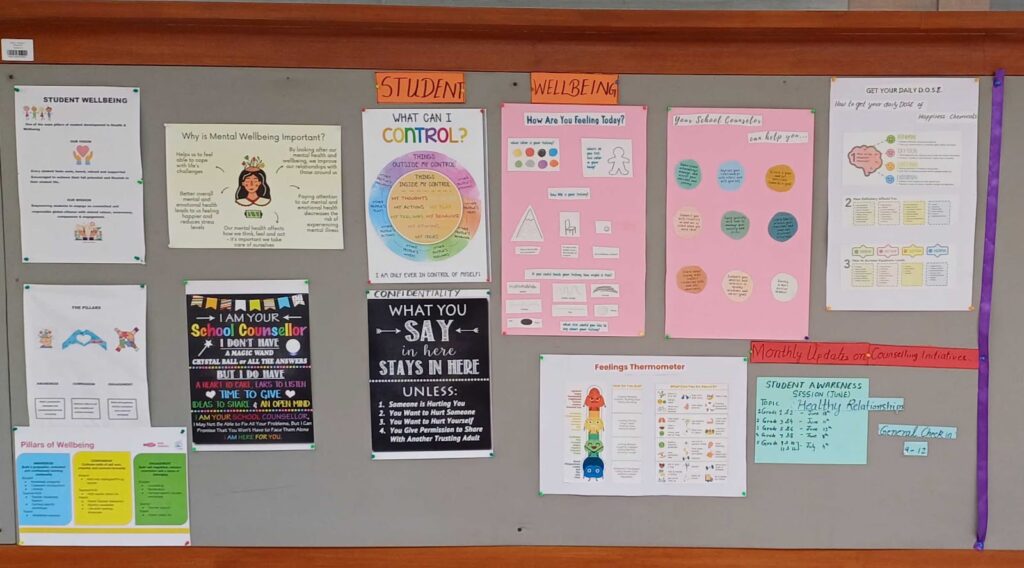Effective leadership is a crucial skill that transcends settings, proving valuable in academic and professional contexts. While leadership potential may be inherent in all children, nurturing these qualities requires a supportive environment. Creating such an environment encourages all children to develop their unique leadership strengths. At Ekya Nava, where purpose-driven learning takes centre stage, this philosophy extends to cultivating student leadership.
The Importance of Leadership in Early Childhood Education
The groundwork for leadership skills is laid in the early years of a child’s development. Purpose-based education is an approach that establishes the foundation for leadership skills by creating a sense of meaning and direction. Children can develop essential leadership qualities from a young age by combining purpose-driven learning with early education. Here we will explore how purpose-based education can effectively cultivate leadership skills in early childhood, setting the stage for future success.
Leaders are Not Born, They are Made
It is critical to recognise along the leadership development journey that leaders are not born with all of the talents and attributes they require; rather, these are nurtured and honed over time via conscious efforts and experiences. Ekya NAVA’s four pathways along with their research-driven curriculum offers a thoughtfully curated space for learners to explore and develop many facets of leadership.
Let’s discuss a few key areas where purpose-based education plays an important role in leadership.
Building Confidence and Self-Awareness
Purpose-based education encourages children to explore their interests, strengths, and values. Through this exploration, children develop a strong sense of self-awareness and confidence. The only way a child’s confidence can be boosted is through ensuring that the child feels seen, heard, and valued. Ekya NAVA hosts in-house counsellors who cater to the overall social, emotional, and ethical development of children. When children are confident in themselves and aware of their strengths and weaknesses, they are better equipped to lead others effectively.

Encouraging Critical Thinking and Problem-Solving
Purpose-based education emphasises critical thinking and problem-solving skills. This technique strengthens children’s ability to think independently and make sound judgments by teaching them to question, analyse, and evaluate information. Ekya NAVA’s Design and Maker labs are a vibrant sanctuary for imagination, blending innovation with the beauty of craftsmanship.
When children can think critically and solve problems, they become capable leaders who can navigate challenges with confidence and innovation.

Purpose-based education emphasises communication and collaboration. Children learn to express their ideas, listen to others, and work together to achieve common goals. Effective leadership requires strong communication and collaboration skills. By fostering these abilities early, purpose-based education sets the stage for children to become successful leaders who can inspire and influence others.
Purpose-based education is a powerful tool for developing leadership skills in early childhood. By focusing on purpose, this approach fosters confidence, critical thinking, communication, and empathy—all essential qualities of effective leadership. Integrating purpose-based education into the early childhood curriculum prepares children to become the leaders of tomorrow, equipped with the skills and qualities required to make a positive difference in the world. As we continue to explore innovative approaches to education, purpose-based learning stands out as a promising way to nurture the leaders of the future from a young age.
